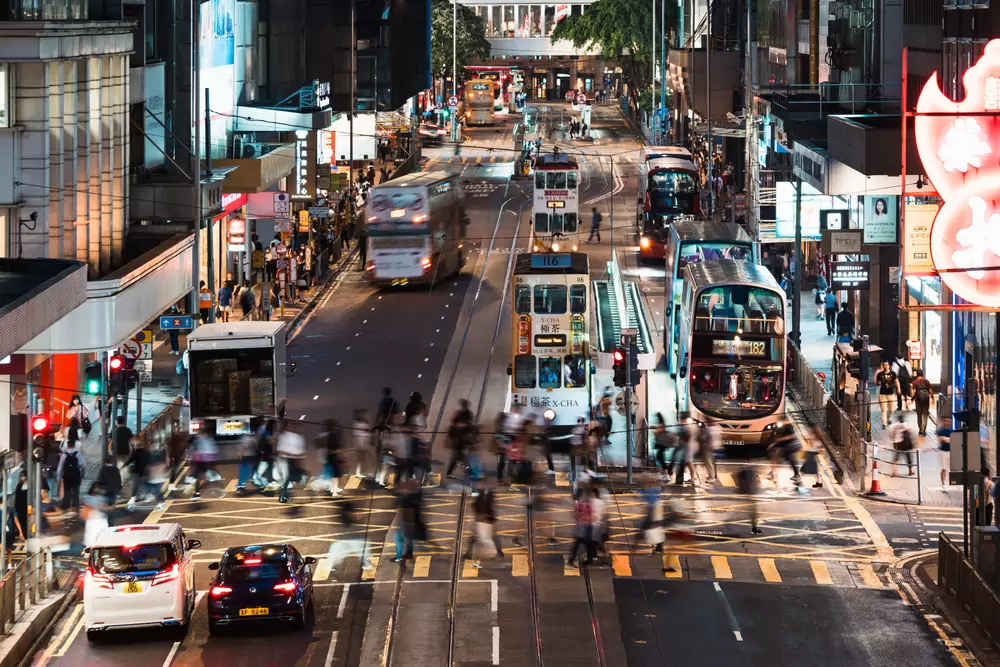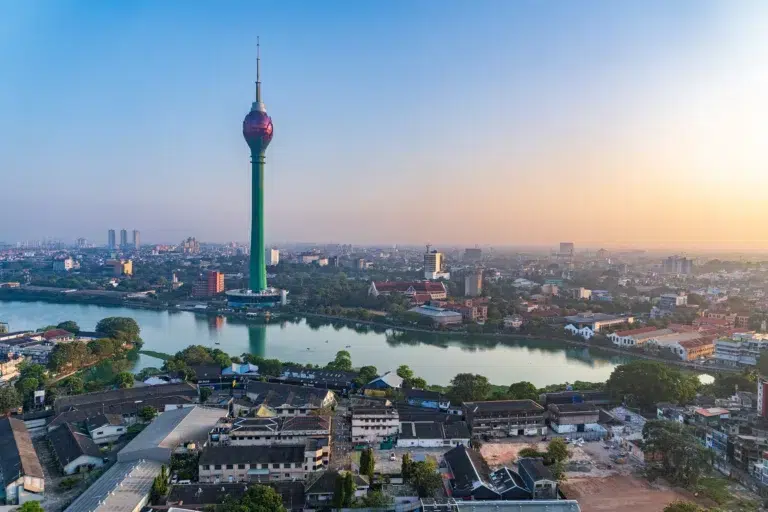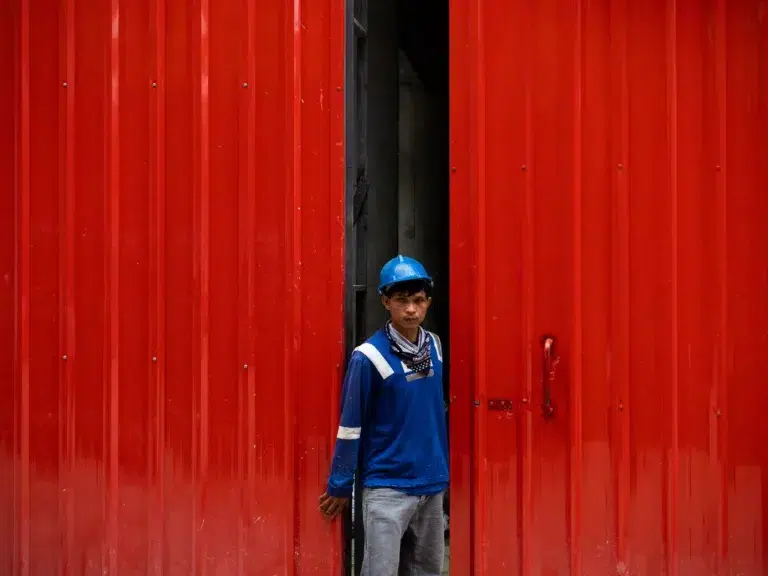Resetting Hong Kong real estate: Why policy, sentiment, and design matter
Market stabilisation, new buyer demand, and award-winning projects highlight a turning point for Hong Kong’s property sector

Hong Kong’s long-ailing property market is showing early signs of stabilisation after years of declines, with analysts pointing to a measured recovery driven by improved buyer sentiment, supportive government policies, and stronger developer activity. While challenges remain, industry experts and regional benchmarks suggest that 2026 could mark a turning point for the sector.
Signs of recovery in 2025
According to Bloomberg, Morgan Stanley analysts in June 2025 observed that Hong Kong’s housing sector appeared to be “bottoming out” after a prolonged slump, buoyed by lower interest rates and improving transaction volumes. Their report suggested that pent-up demand, combined with policy shifts, could help stabilise pricing trends and reignite market activity.
Supporting this assessment, the South China Morning Post reported that cheaper mortgages and new developer launches contributed to a “slow but steady” recovery trajectory through mid-2025. The paper also highlighted analysts’ expectations of modest growth ahead, contingent on continued affordability and policy flexibility.
Data from Real Estate Asia underscored the momentum, with residential transactions in the city climbing 37 percent in the second quarter of 2025 to more than 16,700 units, compared with the previous quarter.
At the same time, challenges linger. Knight Frank’s Global Prime Property Prices report showed Hong Kong leading declines in prime property values globally, underscoring how the top-tier luxury segment still faces correction pressures.
Expert perspectives
Paul Tse, President of the Macao Association of Building Contractors and Developers and Chairperson of the PropertyGuru Asia Property Awards (Hong Kong) independent panel of judges, emphasised that Hong Kong’s residential segment had been “bouncing along the bottom” since early 2025, with renewed signs of activity.
“The Hong Kong property market, in particular the residential segment, has since early 2025 been bouncing along the bottom, exhibiting signs of an uptick in selling activities amidst renewed buyers’ interests,” Tse explained. “This change in sentiments is buttressed by lower interbank interest rates, more proactive government policy initiatives, as well as release of pent-up demands.”
He pointed to the inflow of non-permanent residents, encouraged by relaxed rules on talent importation for technology and other sectors, as a significant factor underpinning housing demand. “The ensuing impact on demand for residences, whether for rental or outright purchase, has been and will continue to be one of the drivers of growth and activity in the Hong Kong property market,” he added.
Tse also noted recovery in the office sector: “The prime office sector is seeing an elevated inflow of multinational companies, particularly from the financial sector, seeking rental space at the top end of the market, stirring excitement in a segment which has in the past few years been lacklustre.”
Complementing this view, independent property professional and fellow Hong Kong judge Greg Ku highlighted the importance of developer strategies and government land sales in shaping buyer confidence.
“The Hong Kong small-to-medium residential market stabilised in price and saw increased transactions in Q2 2025,” Ku observed. “This was driven by developers launching new projects, low mortgage rates improving affordability, strong rental growth, and relaxed government policies boosting confidence.”
Looking ahead, Ku emphasised the role of policy in sustaining momentum: “The government’s land sale strategy to tailor to small to medium sites, aiming to create more successful transactions, will definitely play a crucial role in improving market sentiments. Developers should diverse, affordable homes for middle-income buyers, maintain transparent pricing to attract and incentivise buyers.”
Government’s balancing act
Both industry insights align with broader analyst consensus. Based on another report from the South China Morning Post, the Hong Kong government’s efforts to recalibrate land sales and ease restrictions on financing have been instrumental in boosting confidence. At the same time, affordability remains an ongoing concern, particularly for younger and middle-income buyers.
The authorities’ balancing act between stimulating activity and maintaining financial stability will likely define the pace of the recovery into 2026. Analysts suggest that incremental improvements rather than sharp rebounds are the most realistic outlook.
Regional recognition for Hong Kong and Macau
Despite this cautiously improving environment, Hong Kong and Macau developers gained international recognition at the the 19th PropertyGuru Asia Property Awards Grand Final 2024. Competing against projects from 15 markets across Asia, Australia, and the Middle East, winners from the region showcased design innovation, connectivity, and heritage preservation.
China Resources Land (Overseas) Limited and Poly Property (Hong Kong) Co., Limited triumphed with PANO HARBOUR, winning Best Luxury Waterfront Condo Development (Asia). The project was lauded for blending premium design with an iconic waterfront location, reflecting how the city’s luxury sector continues to evolve despite broader market adjustments.
Lofter Group Limited also secured regional success with 1 Ki Lung Street, awarded Best Connectivity Condo Development (Asia). Judges praised its integration of transport access and urban living solutions, meeting the growing demand for convenience among younger buyers.
Macau shone through heritage projects, with Lek Hang Group’s Hotel Central Macau winning Best Heritage Development (Asia), while New Orient Group’s San Tung Fong Commercial Inn North Wing earned Best Heritage Interior Design (Asia). Both projects demonstrated how adaptive reuse and historical preservation are adding depth to the region’s property landscape.
The international spotlight on these award-winning projects highlights how developers in Hong Kong and Macau are not only navigating market headwinds but also setting benchmarks in design, sustainability, and cultural preservation.
A market in transition
Taken together, recent transaction growth, policy reforms, and international accolades point to a market in transition rather than decline. The combination of structural drivers, such as inflows of talent and multinational firms, with targeted government actions has created a base for measured recovery.
As Tse concluded, “The unique and entrenched position of Hong Kong as an international financial centre, as well as a future centre for mediation, will provide impetus to continuation of robust demand for office space in the coming years.”
For Ku, the message was clear: the focus must remain on affordability and transparency to sustain buyer sentiment. “Developers should continually offer diverse, affordable homes for middle-income buyers,” he said.
The recognition of regional projects at the PropertyGuru Asia Property Awards underscores that despite cyclical downturns, Hong Kong and Macau’s property industries continue to produce developments of international calibre.
Outlook for 2026
Looking forward, the city’s housing market faces both opportunities and risks. Policy consistency, developer strategies, and macroeconomic stability will remain the critical factors shaping the trajectory.
If the gains seen in mid-2025 can be consolidated, 2026 may mark the beginning of a more sustainable recovery; one supported not only by numbers but also by renewed confidence in Hong Kong’s role as a dynamic real estate hub in Asia.
The article was originally published on asiapropertyawards.com.
Recommended
ARES Whitepaper Volume 4: Powering communities – The catalysts of urban evolution
Fresh perspectives on sustainability, lifestyle, and design shaping the future of real estate
ARES White Paper Volume 3: The era of adaptive reinvention
Pioneering sustainable and innovative practices in urban development
ARES White Paper Volume 2: Unravelling the power of data revolution in real estate
Insights on proptech, smart cities, and sustainable development
ARES Digital White Paper Volume 1: The fundamentals of responsible building
Green and climate heroes join forces to discuss how Asia Pacific can weather the current environmental crises and the looming effects of climate change







